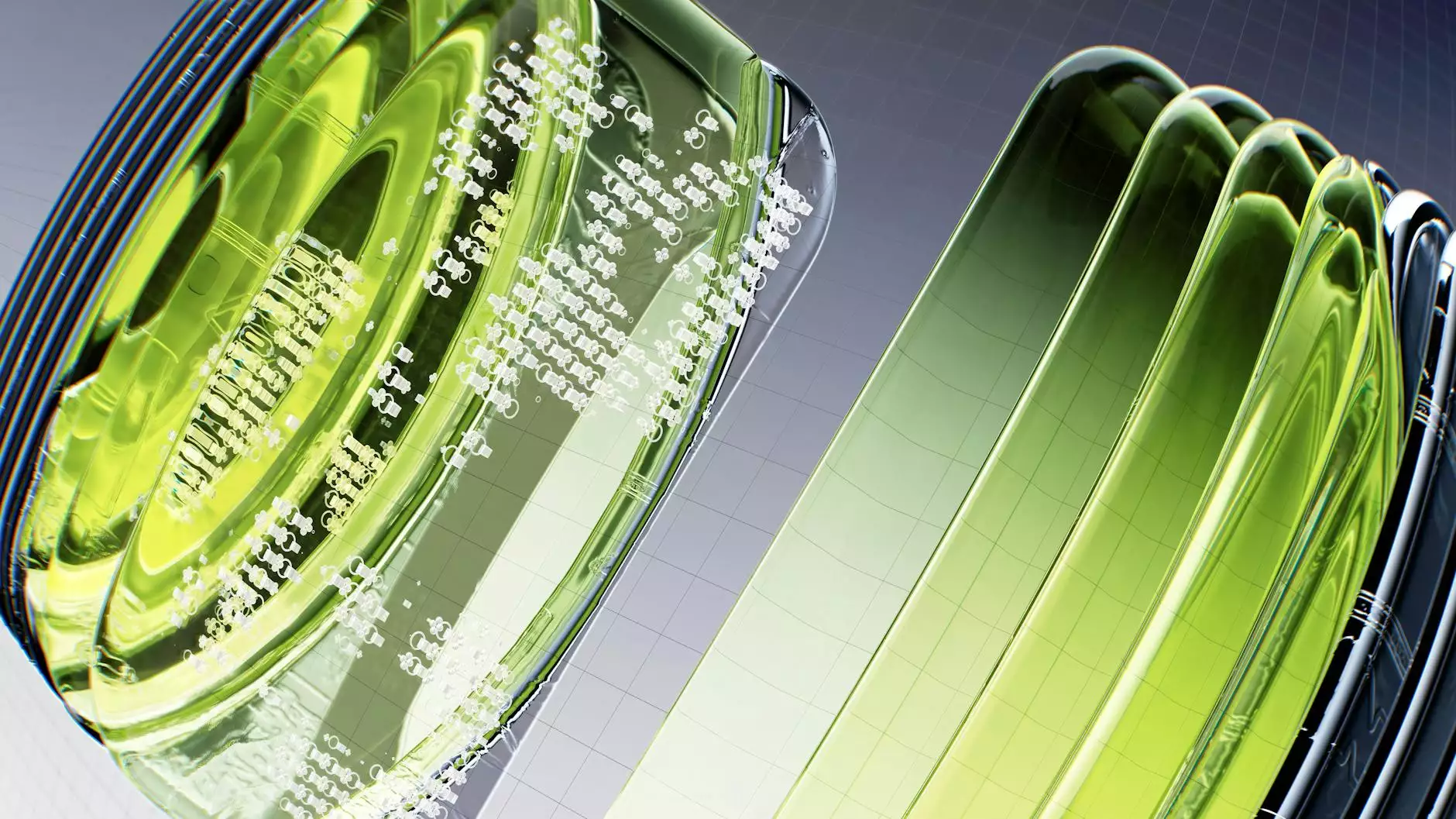Unlocking the Potential of Japanese Car Parts

When it comes to automotive excellence, few are as celebrated as Japanese car parts. Known for their unparalleled engineering, exceptional durability, and cutting-edge technology, Japanese vehicles have established a prominent foothold in the global automotive market. In this comprehensive guide, we are going to explore the world of Japanese car parts, their advantages, where to source them, and how they can elevate your vehicle's performance.
Why Choose Japanese Car Parts?
The world of automotive parts is vast, yet Japanese car parts stand out for numerous reasons:
- Quality Craftsmanship: Japanese manufacturers are known for their meticulous attention to detail, ensuring that every part meets rigorous standards.
- Performance Efficiency: Components designed for Japanese cars often provide superior performance, enhancing the overall experience of driving.
- Long Lifespan: The durability of Japanese car parts is well-documented; these parts often outlast competitors, giving you more value for your investment.
- Eco-Friendly Innovations: Many Japanese companies prioritize environmentally-friendly practices, resulting in parts that are both efficient and sustainable.
The Popularity of Japanese Car Brands
Several iconic Japanese brands have become household names in the automotive industry. Let's take a look at some of the key players that contribute to the popularity of Japanese car parts:
Toyota
Toyota is renowned for its extensive range of vehicles, covering everything from compact cars to trucks. Parts from Toyota are synonymous with reliability and innovation. Notable technologies include their hybrid mechanisms and fuel efficiency advancements.
Honda
Honda has built its reputation on producing sportier vehicles that deliver exceptional performance without sacrificing comfort. Their engines are a particular highlight, known for their robustness and longevity.
Nissan
Nissan blends technology with style, offering a wide range of vehicles that often lead in safety ratings, thanks to their meticulous engineering and high-quality parts.
Common Types of Japanese Car Parts
There are various types of Japanese car parts, each designed to serve specific functions. Understanding these can help you make informed decisions when modifying or maintaining your vehicle:
- Engine Components: These include pistons, crankshafts, and valves that work together to ensure your engine runs smoothly.
- Suspension Parts: Shock absorbers, struts, and control arms that contribute to a car's handling and ride comfort.
- Transmission Parts: Clutches, gears, and a variety of fluid systems crucial for smooth gear shifting and performance.
- Braking Systems: Brake pads, rotors, and calipers that ensure safety and control during operation.
- Electrical Components: Batteries, starters, and alternators essential for a car's electrical system.
Benefits of Using Quality Japanese Car Parts
The benefits of using high-quality Japanese car parts are manifold. Here are some of the most significant advantages:
Enhanced Performance
Compared to aftermarket parts, OEM (Original Equipment Manufacturer) Japanese car parts are designed to fit perfectly, ensuring that your vehicle operates at its best. This can lead to improved horsepower, better fuel efficiency, and an overall more enjoyable driving experience.
Improved Safety
Using original parts means you're using components that have been tested for quality and safety. The braking systems, for instance, ensure that stopping distance and performance meet rigorous safety standards.
Better Resale Value
Vehicles maintained with genuine Japanese parts often have higher resale values. Potential buyers are more confident when they know the car has been well cared for, which includes using quality parts in maintenance routines.
Cost-Effectiveness
While the upfront cost of genuine parts might be higher, their durability and longevity make them more cost-effective in the long term. You may save on frequent repairs and replacements with lower-quality parts, making the initial investment worth it.
Where to Source Quality Japanese Car Parts
With the online marketplace expanding, sourcing quality Japanese car parts has become more accessible. Here are some avenues to consider:
1. Online Retailers
Websites like 1autoparts.com offer a wide selection of Japanese car parts. Ensuring the retailer provides genuine parts along with a good return policy is essential.
2. Local Dealerships
Your local dealers often have a stock of OEM Japanese parts. While prices may be higher than other venues, the reliability of these parts is often guaranteed.
3. Salvage Yards
Sometimes you can find high-quality used parts in salvage yards. This can be a cost-effective solution, especially for older vehicles where parts are no longer produced.
4. Specialty Stores
Some specialty auto parts stores focus solely on Japanese cars. These stores often have knowledgeable staff who can help you find the exact parts you need and may offer great local deals and services.
Maintaining Your Japanese Vehicle
Owning a vehicle with Japanese car parts requires an understanding of its unique maintenance needs:
- Regular Inspections: Ensure that you have routine checks on critical components, including brakes, transmission, and engine oil.
- Oil Changes: Using high-quality oil is paramount for the longevity of your engine. Follow manufacturer recommendations on oil change intervals.
- Brake Checks: Given the weight and power of Japanese cars, align and inspect brake systems regularly to maintain safety.
- Battery Maintenance: Ensure terminals are clean and corrosion-free to prevent electrical issues.
Conclusion
Japanese car parts not only define the excellence of Japanese engineering but also contribute to the overall satisfaction and efficiency of your vehicle. When you use genuine parts, you're investing in quality, safety, and performance. By sourcing from reliable outlets like 1autoparts.com and understanding your maintenance needs, you can unlock the full potential of your vehicle.
Take the first step today by exploring the exceptional range of Japanese car parts available to you and experience the difference in quality, performance, and longevity that only Japanese manufacturing can offer!









